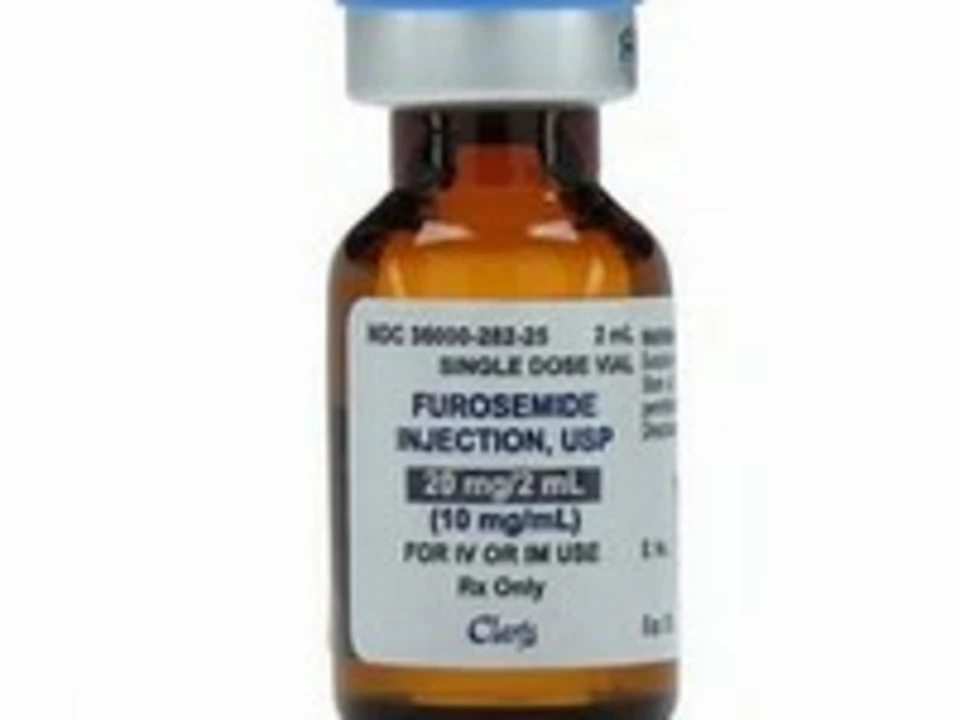How to Dispose Medications Safely – Quick Tips You Can Use Today
Got a half‑finished bottle of antibiotics or an expired painkiller? Throwing them in the trash can sound easy, but it isn’t always safe. Bad meds can end up in waterways or be misused by someone else. Below you’ll find plain‑spoken steps that keep your home, community, and planet out of trouble.
Why Proper Disposal Matters
When drugs hit the landfill, rainwater can leach chemicals into soil and eventually our drinking water. Even a tiny dose of hormones or antibiotics in a river can mess up wildlife. On the other hand, leftover pills left on a nightstand are an invitation for kids, pets, or strangers looking for a quick high. Proper disposal cuts those risks down to almost zero.
Pharmacies and local health agencies often run take‑back programs because they know it works. If you skip them, you’re basically handing the problem back to the system. So a few minutes of effort now saves headaches later.
Step‑by‑Step Ways to Dispose
1. Use a pharmacy take‑back box. Most big chains have secure bins where you can drop unused meds any day. No need to ask the pharmacist; just follow the sign and walk out with peace of mind.
2. Attend community collection days. Towns sometimes host “drug disposal” events at libraries or city halls. They’re free, open‑air, and staffed by experts who will shred everything on site.
3. Mix with unappealing stuff. If you can’t get to a take‑back box, dissolve pills in water, add coffee grounds or cat litter, seal it in a plastic bag, and toss it in the regular trash. This makes the meds taste awful and hard to fish out.
4. Remove personal info. Before you throw away any prescription bottle, scrub off your name, address, and Rx number. That stops identity thieves from piecing together your health data.
5. Don’t flush unless instructed. Some pills have a “flush‑only” label for high‑risk substances. Otherwise, flushing sends chemicals straight to water treatment plants where they’re hard to filter out.
Pick the method that fits your schedule. If you live in an apartment, the pharmacy box is usually the easiest. In rural areas, mixing with coffee grounds works just as well.Remember, disposing of meds responsibly isn’t a chore—it’s a quick habit that protects people and the planet. Next time you finish a bottle, use one of these tricks instead of tossing it in the sink or trash drawer.
Got questions about a specific drug? Our site has detailed guides for dozens of medicines, from antibiotics to supplements. Check them out and stay informed.
- Archer Pennington
- 7
How to Store and Dispose of Ketorolac Safely
As a responsible blogger, I want to share some important tips on how to store and dispose of Ketorolac safely. First, always store Ketorolac at room temperature, away from moisture and heat, and out of reach of children and pets. Second, don't use expired medication - always check the expiration date before using it. If you need to dispose of expired or unused Ketorolac, don't flush it down the toilet or pour it down the drain; instead, follow your local guidelines for proper medication disposal. Lastly, always consult your pharmacist or healthcare provider for more information on safe medication storage and disposal.
Read more
